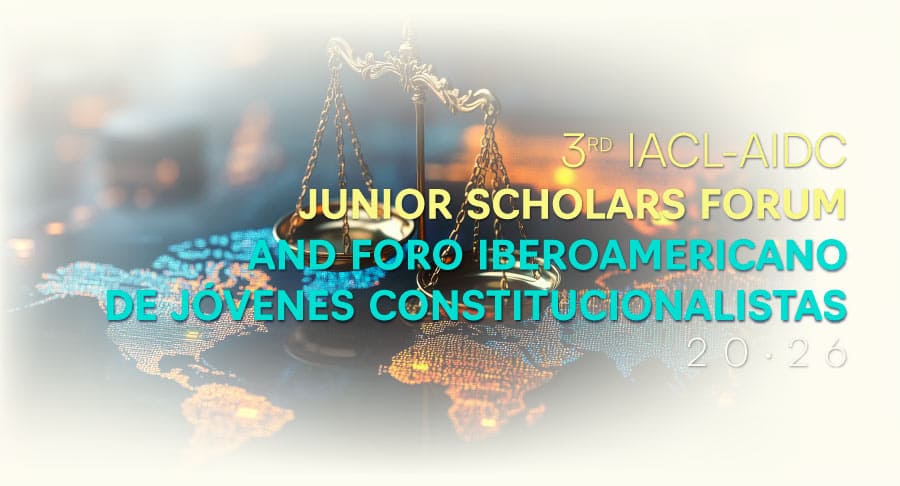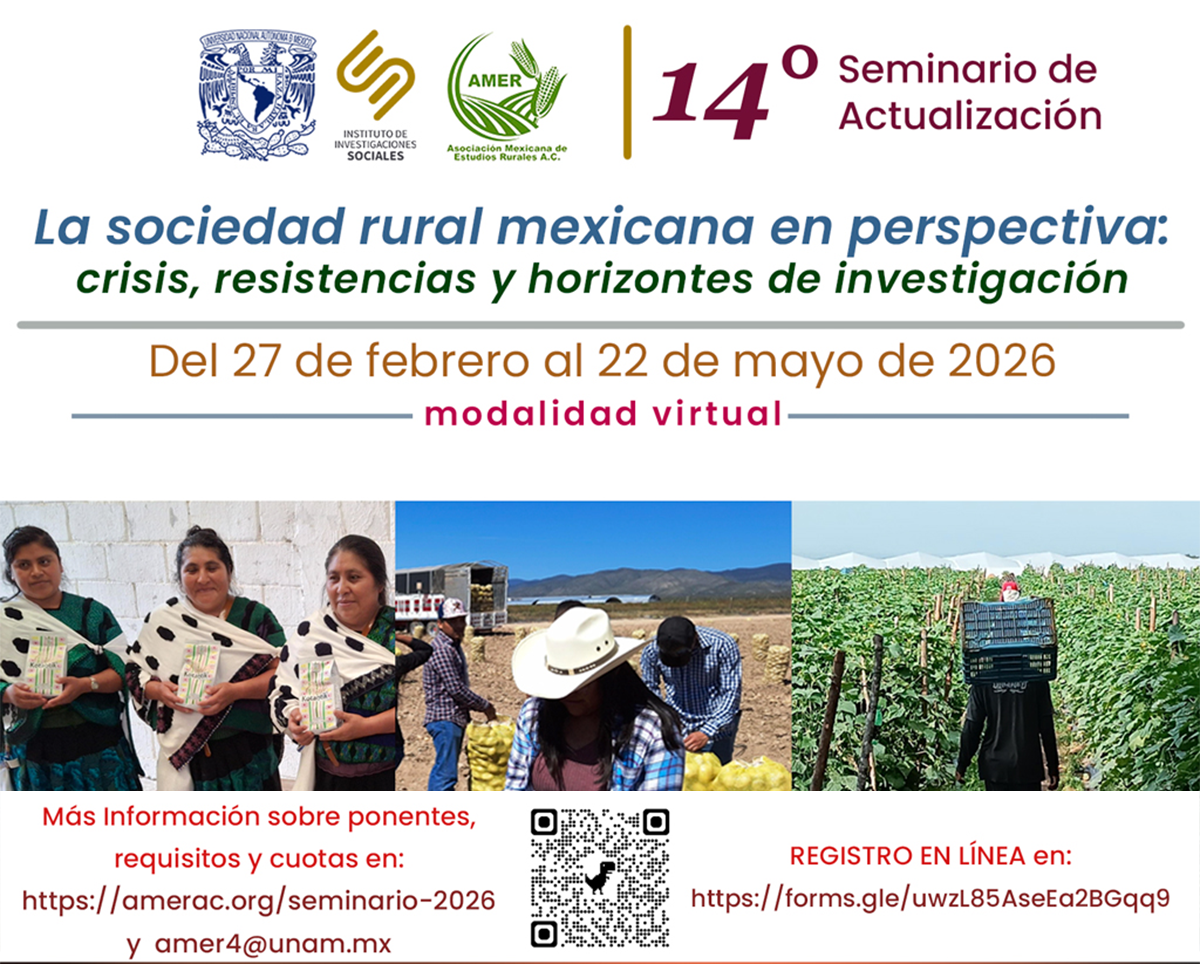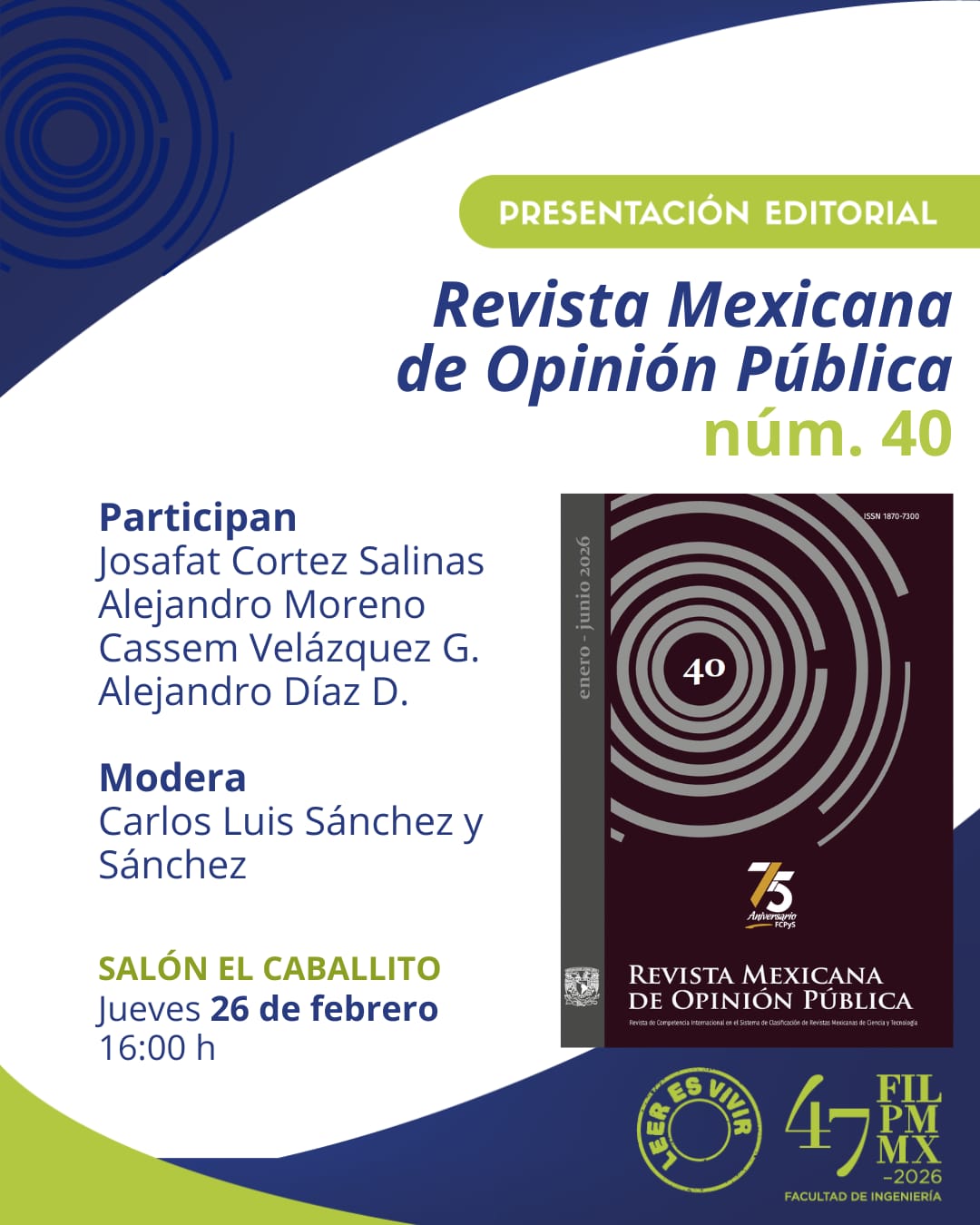Social Networks and Political Participation
Social Networks and Political Participation
XXVIII SUNBELT CONFERENCE
of the International Network for Social Network Analysis (INSNA)
June 26-July 1, 2018
Utrecht University, NL
Session Organizers
- Emilien Paulis (Université Libre de Bruxelles, Belgium) – epaulis@ulb.ac.be
- Nadine Meidert (Zeppelin University Friedrichshafen, Germany) – nadine.meidert@zu.de
Abstract of the session
Political participation is a central and flourishing field of research in social sciences. Relevant questions are for example the following: Why do individuals participate in politics? Which factors determine the propensity of an individual to take part in the political process? How do people participate? What influences the process of being involved in politics?
It has generated numerous theoretical debates and complex explanatory models have been put to the empirical test. These models generally focus on micro- and macro-level factors, as well as on traditional and, more recently, alternative forms of participation. These studies have greatly contributed to our knowledge of who gets involved, why, and under which context (e.g. Verba et al 1995, Olson 1965, Whiteley 1995, Norris 2002, Rosenstone & Hansen 2003). Yet, we know much less about the process of engagement/recruitment, i.e. the triggers of participation or the factors that turn potential participators into politically active citizens. Investigating these dimensions calls for an analysis of the role of intermediate explanatory factors and especially the role of mobilization by social groups or agencies.
The mobilizing effects of social networks have attracted a growing attention since the 1990- 2000s, providing more relational insights (Emirbayer & Goodwin 1994, Diani & McAdam 2003) for dealing with a phenomenon that is often understood as individual undertaking despite its very collective and social nature (Leighley 1995, Knoke 1990). Capitalizing on network theory and methodology, as well as emphasizing empirically the influence of many forms of social interaction through networks (discussion, support, affiliation, etc.), many social scientists have progressively and extensively integrated network explanations and analyses to account for the triggering of political behaviors undertaken by citizens (e.g. Klandermans & Ogema, Passy 2003, Diani & McAdam 2003, Huckfeldt & Sprague 1987, Knoke 1990, La Due Lake & Huckfeldt 1998, Huckfeldt & Sprague 1995, Burt 2000, Putnam 2000, Mutz 2002, McClurg 2003, Zuckerman 2005, Klofstad 2007, Pattie & Johnston 2009, Campbell 2013, Gonzalez- Bailon et al 2010, Eveland & Hively 2009, Sinclair 2012).
Abstract Submission
The session welcomes both theoretical, methodological and empirical contributions focusing on the relationship between (social) networks and political participation of all kind (online/offline, traditional/alternative, etc.). We also invite papers examining the role of (social) media within the interplay between social networks and political participation.
- Abstracts are due by February 1, 2018 and must be sent via the Conference platform (https://www.eiseverywhere.com/eSites/288996/Welcome).
- Acceptance confirmation will be sent in March 2018.
- Please limit all abstracts to 500 words, not including the title (and please do not include references).
- Please select the appropriate organized session name during online submission.
Te puede interesar
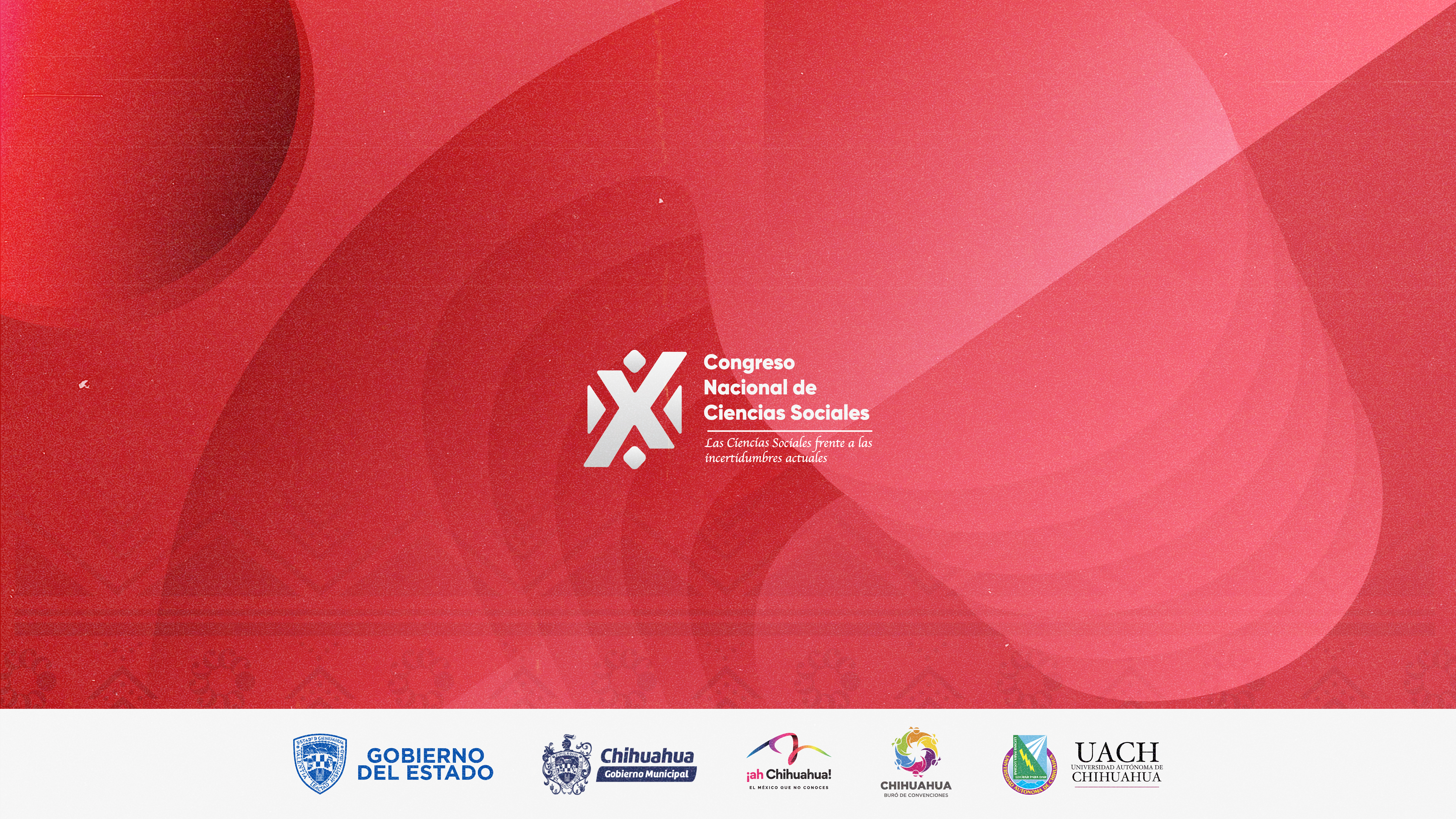
Programa del X Congreso Nacional de Ciencias Sociales
comecso - Feb 25, 202623 al 27 de marzo, 2026 | Posgrado de la Facultad de Contaduría y Administración, Universidad Autónoma de Chihuahua, Campus…

Hoteles con convenio | X Congreso Nacional de Ciencias Sociales
Laura Gutiérrez - Feb 25, 2026X Congreso Nacional de Ciencias Sociales Las Ciencias Sociales frente a las incertidumbres actuales del 23 al 27 de marzo…

Convocatoria Feria del libro
Laura Gutiérrez - Feb 18, 2026FERIA DEL LIBRO X CONGRESO NACIONAL DE CIENCIAS SOCIALES “Las Ciencias Sociales frente a las incertidumbres actuales” INVITACIÓN Información general…

Memorias del IX Congreso Nacional de Ciencias Sociales
Roberto Holguín Carrillo - Jul 02, 2025IX Congreso Nacional de Ciencias Sociales Las ciencias sociales y los retos para la democracia mexicana. Realizado en el Instituto…

Jorge Carrillo: su contribución a los estudios de la industria y el trabajo en la frontera
comecso - Feb 27, 2026[caption id="attachment_82094" align="alignleft" width="300"] Foto recuperada de El Colef[/caption] Jorge Carrillo Viveros, junto con Jorge Bustamante, fue uno de los…
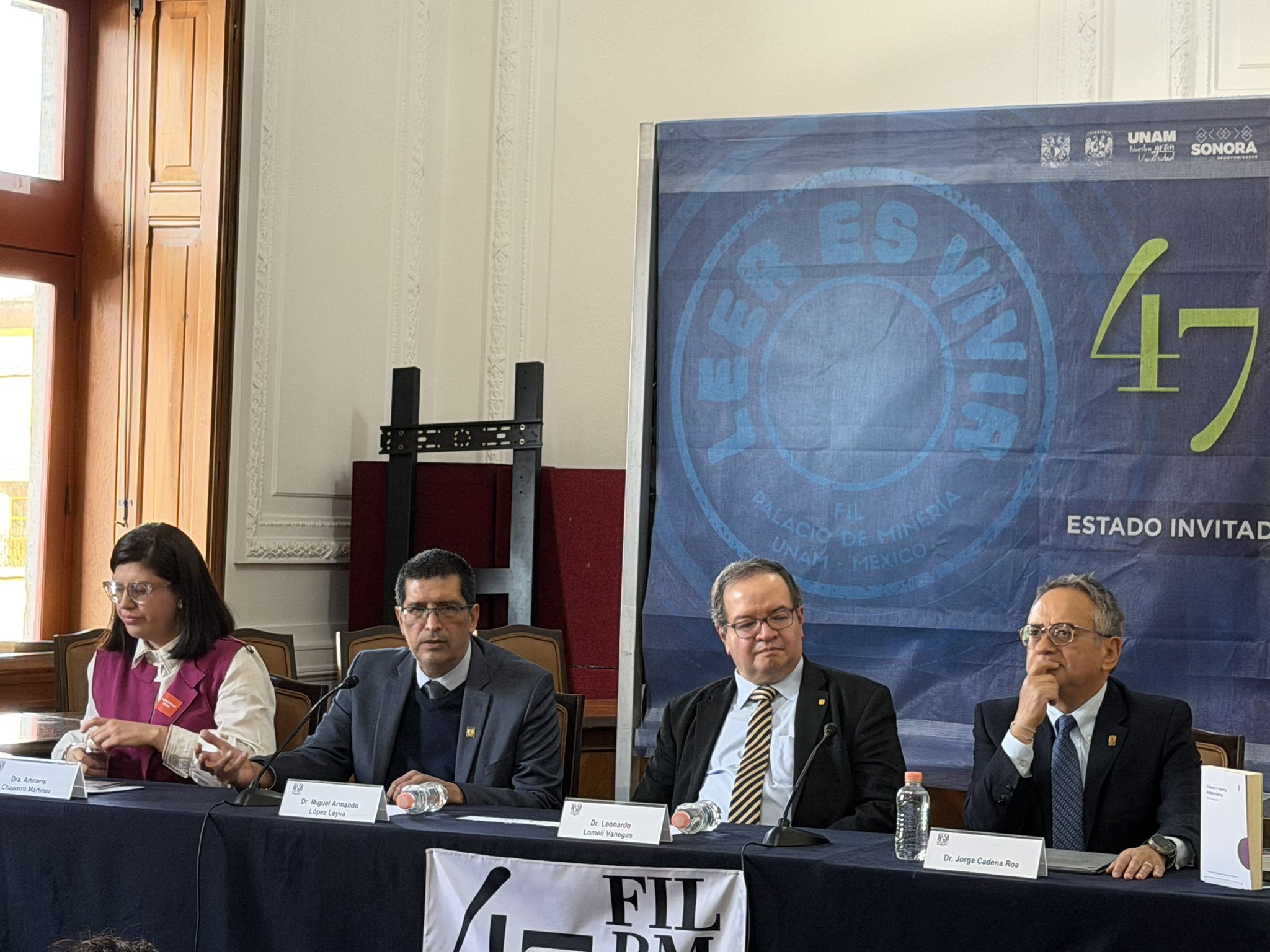
Presentación de la colección Clásicos de las Ciencias Sociales y las Humanidades en la 47 FIL
comecso - Feb 27, 2026Hilo recuperado de X @HumanidadesUNAM Presentación de la colección Clásicos de las Ciencias Sociales y las Humanidades, de nuestros #LibrosDeHumanidades,…






